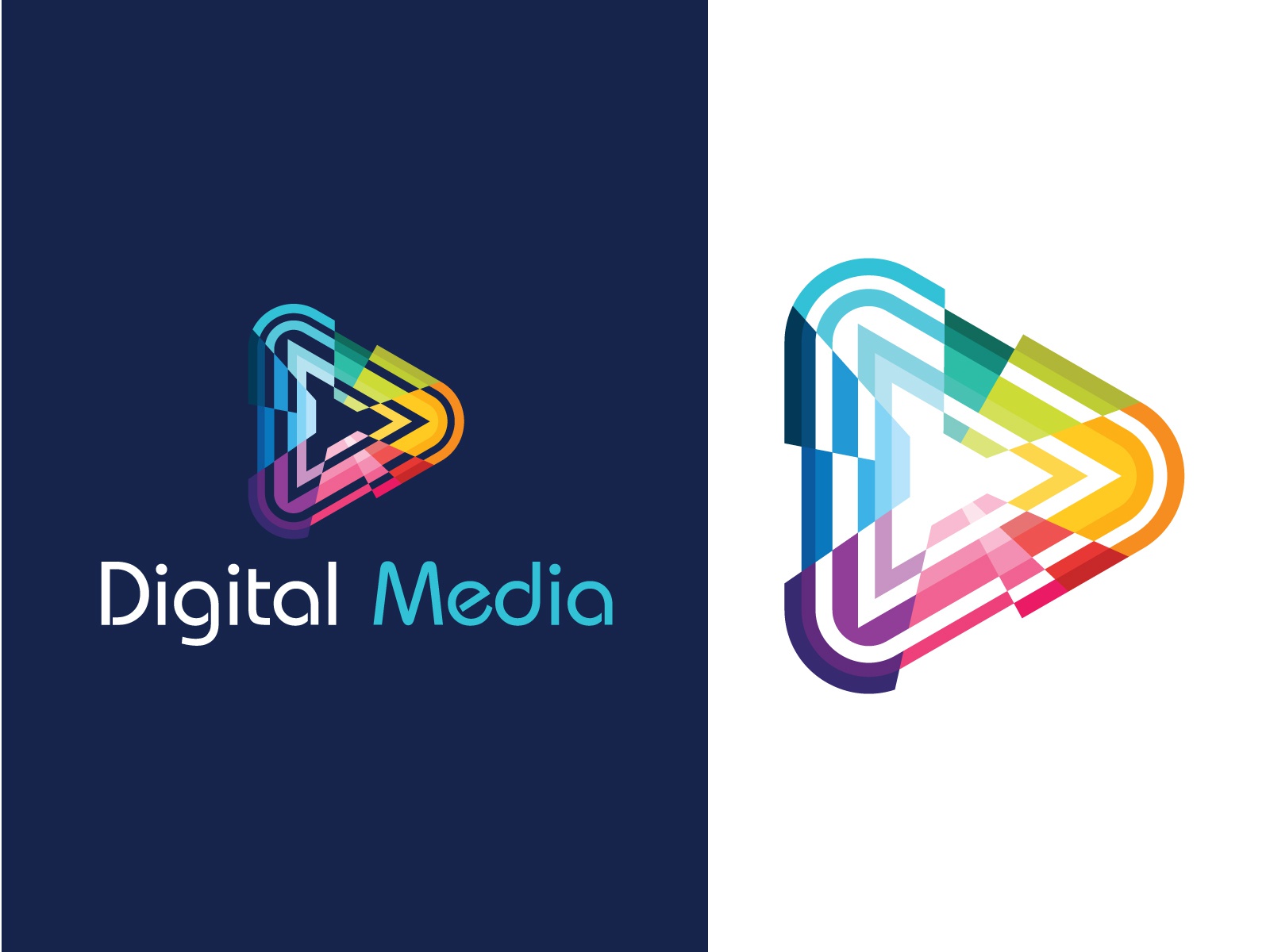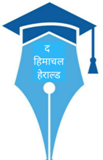
By Rajeev Ranjan Roy
It is of paramount importance to ensure that digital media platforms adhere to ethics code for their sustainable progress and also to retain their relevance and grandeur in the landscape of mass communications. The code of ethics is also an integral part of their commitment to disseminate information holistically marked by an utmost level of transparency. In pursuance of professional excellence, adherence to ethics must not be diluted. The digital media or for that matter any mode of professional communication has a great role to play in making the people aware not only of a phalanx of welfare schemes and affirmative measures of the government but also in educating them about their role as stakeholders in building a resilient and inclusive India. As the digital media expands in multiple ways and forms, the need has become natural to ensure they adhere to a set of ethics so that the ultimate objective of empowering people with wholesome facts, not twisted at all, is achieved. The Digital Media Ethics Code for over-the-top (OTT) platforms and digital news publishers keeps the citizen at the heart of grievance redressal mechanism. The Information Technology (Intermediary Guidelines and Digital Media Ethics Code) Rules 2021 not only empower social media users by institutionalizing redressal mechanisms and ensuring resolution of their grievances but also provide a level playing field for all digital media and OTT platforms.
The Code of Ethics and three-tier self-regulation for digital media is a welcome move amid growing concerns around lack of transparency, accountability and rights of users related to digital media. After elaborate consultations with the public and stakeholders, the Information Technology (Intermediary Guidelines and Digital Media Ethics Code) Rules 2021 were framed in exercise of powers under Section 87 (2) of the Information Technology Act, 2000 and in supersession of the earlier Information Technology (Intermediary Guidelines) Rules 2011. The Digital Media Ethics Code has various aspects such as the Code of Ethics for the publishers; three-tier grievance redressal mechanism, and the provisions related to furnishing and disclosure of information by the digital media publishers. The Union Ministry of Information and Broadcasting has received feedback from a number of publishers and several bodies and associations of publishers have sent communication regarding the constitution of self-regulating bodies under the new rules. The rules and norms establish a soft touch co-regulatory architecture involving a Code of Ethics and a three-tier grievance redressal framework for publishers on digital media.
It is worth stating that several digital news publishers, journalists, OTT platforms, and academia from the institutes of mass communication participated in the virtual interactive meeting. While finalizing these rules, the Ministries of Electronics and Information Technology, and Ministry of Information and Broadcasting undertook elaborate consultations among themselves to have a harmonious, soft-touch oversight mechanism in relation to social media platforms as well as digital media and OTT platforms, and so on. The extensive spread of mobile phones and Internet has enabled many social media platforms to expand their footprints in India. Common people are also using these platforms in a very significant way. Some portals which publish analysis about social media platforms and which have not been disputed, have reported that WhatsApp has 53 crore users; YouTube users: 44.8 crore; Facebook 41 crore; Instagram 21 crore, and Twitter 1.75 crore. These social platforms have enabled common Indians to show their creativity, ask questions, be informed and freely share their views, including criticism of the government and its functionaries. The government acknowledges and respects the right of every Indian to criticize and disagree as an essential element of democracy. India is the world’s largest open Internet society and the government has welcomed social media companies to operate in India, do business and also earn profits. However, they will have to be accountable to the Constitution and laws of India. Similarly, the Digital India programme is empowering common Indians, but the government and other stakeholders cannot be oblivious of some serious concerns and consequences which have grown manifold in recent years with the proliferation of digital media. These concerns have been raised from time to time in various forums including in the Parliament and its committees, judicial orders and in civil society deliberations in different parts of the country. Rampant abuse of social media to share morphed images of women and contents related to revenge porn have often threatened the dignity of women. Misuse of social media for settling corporate rivalries in blatantly unethical manner has become a major concern for businesses. Instances of use of abusive language, defamatory and obscene contents and blatant disrespect to religious sentiments through platforms are growing. The character assassination of politicians, bureaucrats and other celebrities through fake information and spurious narratives leave little scope for complacency for the government in ensuring transparency and accountability for the promoters and publishers on digital platforms. The misuse of social media by criminals and anti-national elements has brought new challenges for law enforcement agencies. These include inducement for recruitment of terrorists, circulation of obscene content, spread of disharmony, financial frauds, incitement of violence, and so on.
Ergo, there was a need for a robust complaint mechanism where the ordinary users of social media and OTT platforms can register their complaints and get them redressed within a defined timeline. The new rules are a fine blend of liberal touch with gentle self-regulatory framework. It works on the existing laws and statues of the country which are applicable to content whether online or offline. In respect of news and current affairs publishers are expected to follow the journalistic conduct of the Press Council of India and the Programme Code under the Cable Television Network Act, which are already applicable to print and TV. Hence, only a level playing field has been proposed. The business of dissemination of information in a democratic set up cannot be allowed without being accountable and transparent. Hence, the need for ethics for digital media!
(The writer is a senior journalist and author. The views expressed are his personal)

As colour can’t lose its ability to give colour after being broken several times. Similarly, I also can’t unlearn the art of spreading love and smile, after being broken, several times by my life !
Boasting a rich and dynamic career of over 18 years in journalism. A “journalist” usually works for an organization such as a newspaper or radio or TV station. They are hired to cover news events and present the information in a timely (and hopefully accurate) manner. There are free lance journalists who sell stories to independent companies.
“As a Journalist I mainly concerned with getting the facts straight”
RP Negi
Editor in Chief
Contact: 9816020056
Email: [email protected]

